Four Lassonde Electrical Engineering & Computer Science Department professors appointed York Research Chairs
Tags:
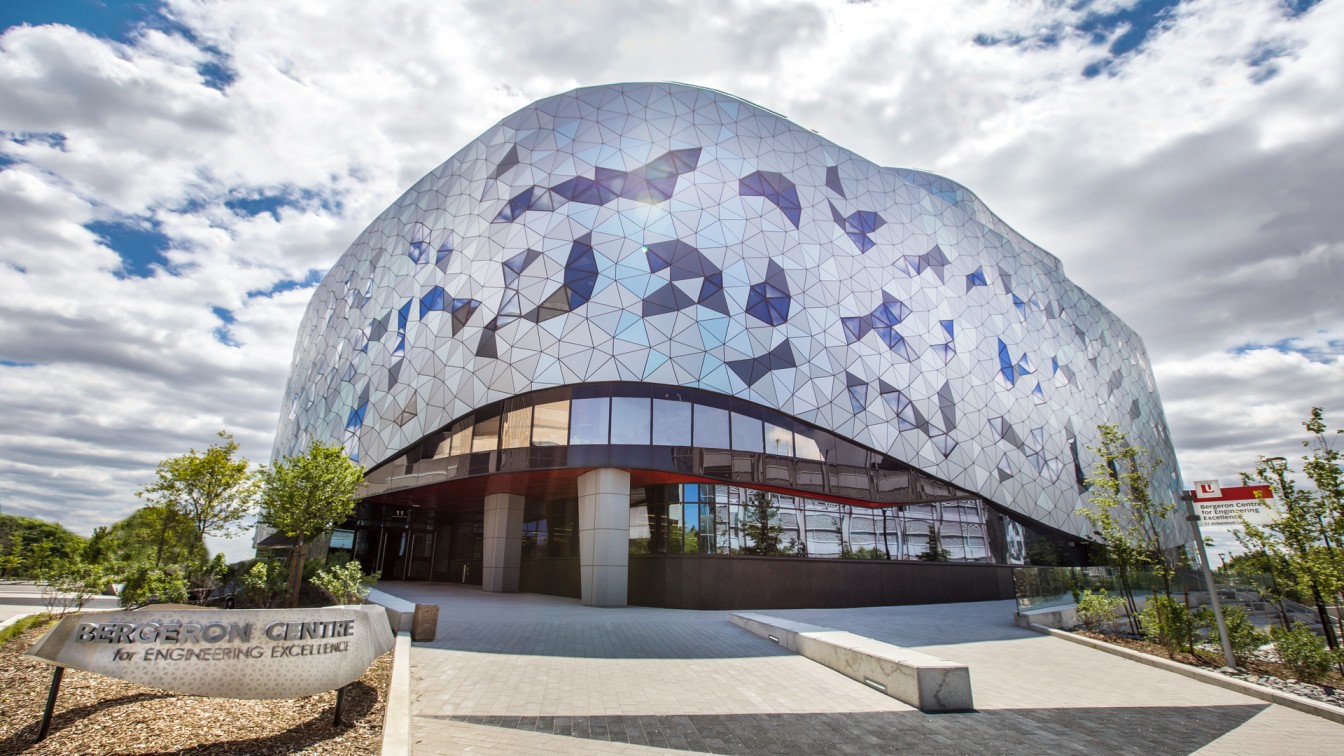
York has appointed 15 researchers across the University as York Research Chairs (YRCs). The YRC program is inspired by the national Canada Research Chairs (CRC) program, which honours extraordinary researchers who demonstrate leadership and innovation in their respective fields. The YRCs named in 2023 belong to the 10th appointed cohort, establishing them as part of a tradition that enhances research capabilities, provides institutional support, and encourages researchers to create positive change through daring and creative projects.
The Lassonde School of Engineering is proud to have four remarkable researchers appointed as YRCs, making Lassonde one of the most represented faculties among this year’s cohort. Congratulations to Professors James Elder and Robert Allison who were appointed Tier 1 York Research Chairs for their innovative work as established researchers, as well as Professors Hina Tabassum and Gene Cheung who were appointed Tier 2 York Research Chairs for their notable efforts as emerging researchers. In addition, this year’s appointed research chairs from Lassonde all belong to the Department of Electrical Engineering & Computer Science, demonstrating the diverse and cutting-edge ideas being brought to life from this area.
These achievements shine a spotlight on Lassonde that will help advance research intensification, encourage ambitious projects, and amplify the reputation and reach of the School.
Learn more about this year’s York Research Chairs from Lassonde.
James Elder, Professor, Tier 1 York Research Chair in Human and Computer Vision
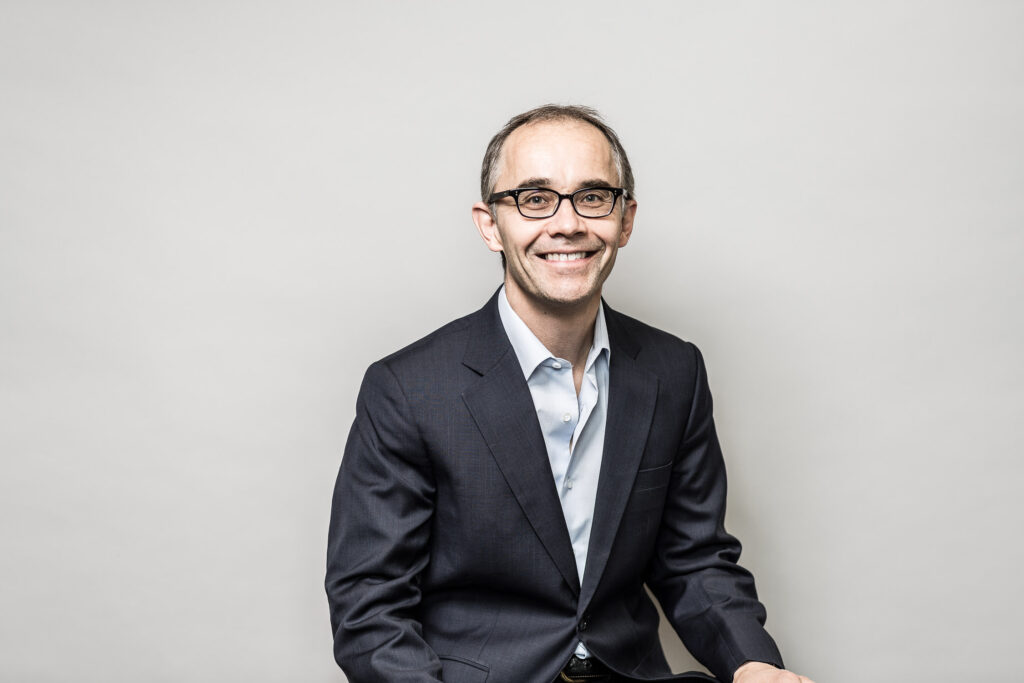
Professor James Elder is an internationally-recognized leader in human and computer vision research. As part of Lassonde’s Electrical Engineering & Computer Science Department, as well as York University’s Faculty of Health, Professor Elder’s research impact extends far and wide, tackling diverse challenges across disciplines. His work aims to develop superior computer vision algorithms by blending behavioural and computational methods to better understand visual processing in the human brain. He is a distinguished member of York University’s Vision: Science to Applications (VISTA) and Centre for Vision Research (CVR), as well as co-director of the Centre for AI & Society (CAIS). Professor Elder’s commitment to research has also resulted in numerous awards and grant achievements over the course of his career, including the Premier’s Research Excellence Award and over $50M in funding from internal and external sources. In addition, he is a core researcher of a $318.4M funded research initiative at York, Connected Minds: Neural and Machine Systems for a Healthy, Just Society, which aims to develop socially responsible technologies.
Robert Allison, Professor, Tier 1 York Research Chair in Stereoscopic Vision and Depth Perception
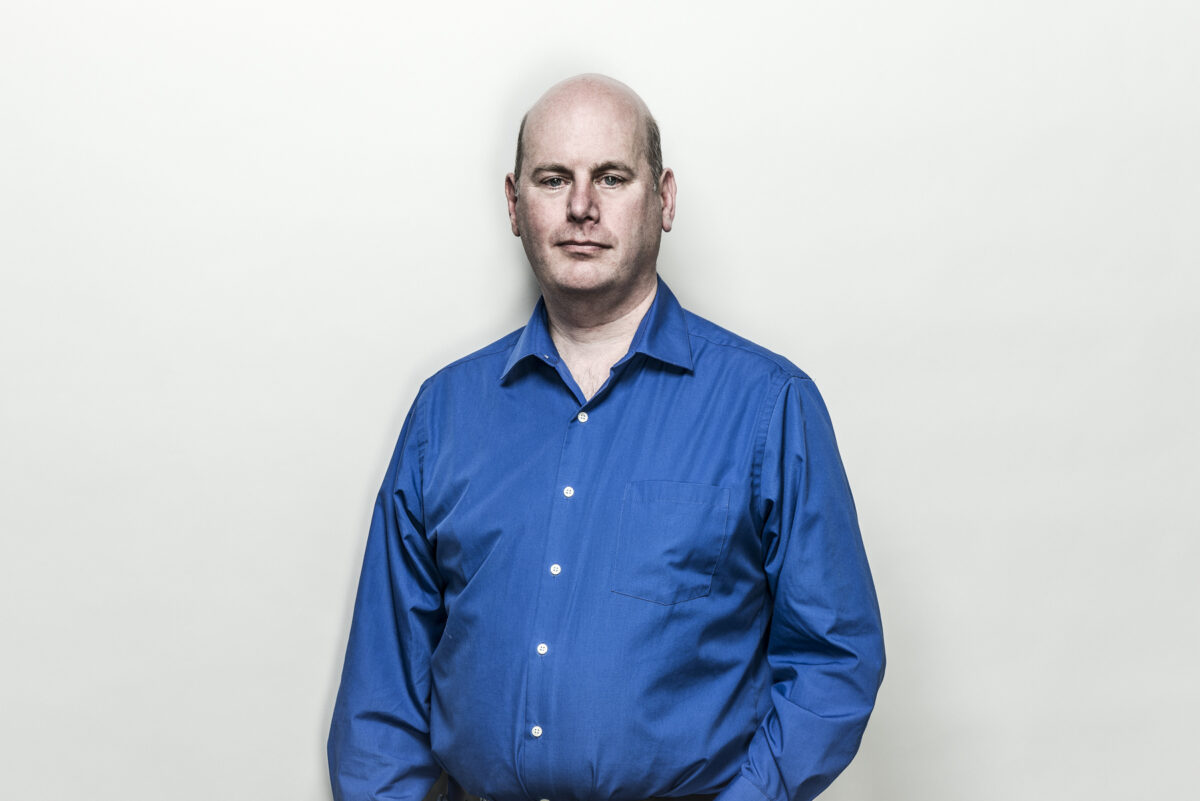
Professor Robert Allison is a visionary researcher focused on human perceptual responses in virtual environments. Along with his research team, he examines how the human brain or machines reconstruct 3D perception from 2D retinal images, and how this information can be used to navigate and interact with our environment. His innovative and successful research has led him to secure funding from many prominent sources such as the Natural Sciences and Engineering Research Council of Canada (NSERC), Canadian Space Agency (CSA) and Canadian Foundation for Innovation (CFI). In an upcoming project, Professor Allison will utilize his expertise as a core researcher of, Connected Minds: Neural and Machine Systems for a Healthy, Just Society. He also demonstrates passion for his field as a core member of York University’s Vision: Science to Applications (VISTA) and director of the Centre for Vision Research (CVR).
Hina Tabassum, Assistant Professor, Tier 2 York Research Chair in 5G/6G-enabled Wireless Mobility and Sensing Applications
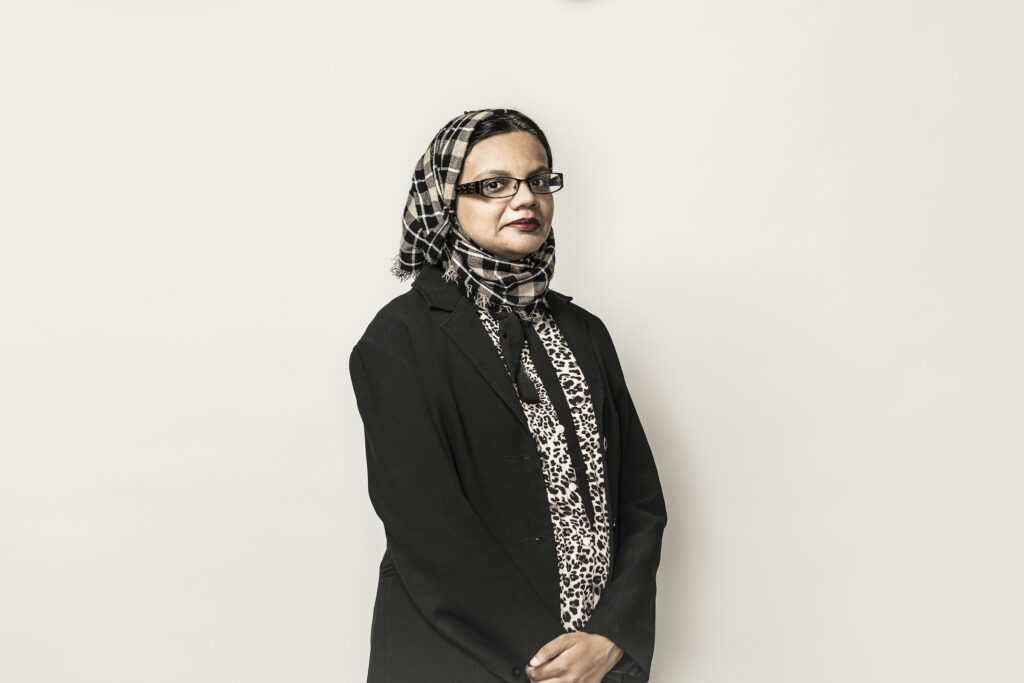
As an early career researcher, Professor Hina Tabassum is transcending expectations through extraordinary contributions to her field. Her work focuses on developing solutions for 5G/6G wireless networks, as well as addressing their performance, design, modelling, analysis and optimization. Professor Tabassum’s efforts have amplified both her personal research profile as well as Lassonde’s; she was named in Stanford University’s List of the World’s Top 2% Researchers in 2021 and 2022, recognized as one of the 10 Rising Stars in N2Women: Rising Stars in Networking and Communications List in 2022, and made significant research contributions which helped elevate York University’s telecommunications ranking. She is also the Founding Chair of the Institute of Electrical and Electronics Engineers (IEEE) ComSoc RCC Special Interest Group (SIG) on Terahertz Communications, and has held editorial roles for six, top-tier IEEE journals. In addition, Professor Tabassum has served on technical program committees for more than 26 conferences for the IEEE.
Gene Cheung, Professor, Tier 2 York Research Chair in Graph Signal Processing
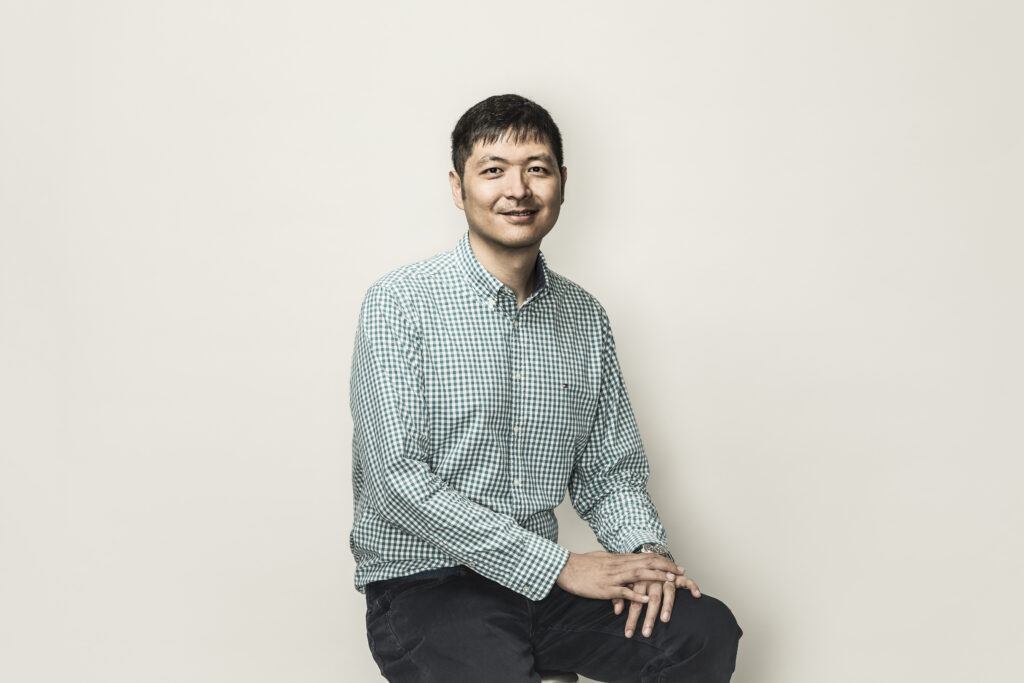
Professor Gene Cheung is a researcher focusing on the theory and applications of graph signal processing. His research finds solutions to a wide variety of real-world problems including image/3D point cloud compression, denoising and super resolution, video summarization, movie recommendation and crop yield production. He has co-edited a book titled, Graph Spectral Image Processing, and published over 70 journal articles and nearly 200 conference papers. Professor Cheung is also a fellow of the Institute of Electrical and Electronics Engineers (IEEE), as well as a core member of York University’s Vision: Science to Applications (VISTA).
Read the full article on YFile.